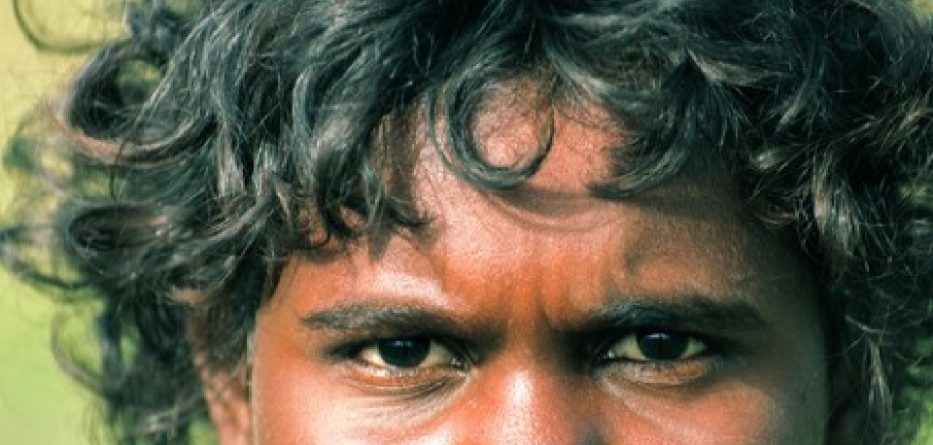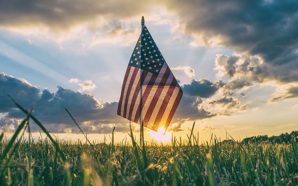Homily for the 3rd Sunday in Ordinary Time
Readings: Isaiah 8:23 – 9:3; Psalm 26; 1 Corinthians 1:10-13,17; Matthew 4:12-23
22 January 2023
After the summer break, our year is getting underway. In the liturgical cycle, this is Year A in the three year cycle so our Sunday gospel will usually come from the gospel of Matthew.
Listen at https://soundcloud.com/frank-brennan-6/homily-22123
In today’s gospel, John the Baptist has been arrested so Jesus returns to Capernaum in Galilee ‘where greater receptivity to his mission is likely to be found’.[1]
Matthew is fond of quoting Old Testament texts to indicate the fulfilment of Jesus’ mission. By describing Capernaum as ‘a lakeside town on the borders of Zebulun and Naphtali’, Matthew is able to give us the quote from today’s first reading from the prophet Isaiah: ‘The people that walked in darkness has seen a great light; on those who live in a land of deep shadow a light has shone.’ The prophet was quoting a poem of hope written at a time of great suffering and persecution for the people of the northern kingdom in the 8th century BC. It was a ‘time marred by pain, despair and oppression under the rule of King Ahaz’.[2]
The poem could have been composed for the coronation of King Hezekiah who ‘promises salvation not only to his Judean community but also to the Israelite inhabitants of the former territories in the north’. Scripture scholar Carol Dempsey tells us that ‘the poet uses past tense verbs to assure his listeners that even though his message is futuristic, the end of suffering, the end of war, will indeed happen as if it has happened already. Thus, with certainty the people can have hope.’[3]
The people who walked in darkness
have seen a great light;
upon those who dwelt in the land of gloom
a light has shone.
You have brought them abundant joy
and great rejoicing,
as they rejoice before you as at the harvest,
as people make merry when dividing spoils.
For the yoke that burdened them,
the pole on their shoulder,
and the rod of their taskmaster
you have smashed, as on the day of Midian.
On Thursday we will celebrate Australia Day. As ever, there will be debate about the date and what there is to celebrate. Even moderate Aboriginal advocates like Shelley Reys who was vice-chair for the National Australia Day Council and inaugural co-chair of Reconciliation Australia have challenged us to think about the date urging that it is not good enough for us to say, ‘Let’s just accept the date and move on.’ She asks, ‘Might you consider asking Ukrainians to celebrate their nationhood on the date Russia invaded them? It’s not my intention to shame the coloniser but it’s hardly a date a Ukrainian would consider to be a symbol of unification and pride.’[4]
With all respect to Shelley who I have known for decades, I don’t think any better date than January 26 yet fires the Australian imagination. But on January 26, we like the poet in Isaiah, need to hold together the past tense of past wrongs with the futuristic hope of a better future firmly grounded in a present commitment to real change. Most Australians who claim their Aboriginal or Torres Strait Islander heritage also have ancestors who migrated to this country on or after 26 January 1788. That day was the great caesura in human history on this continent. The celebration should always include a remembrance that on 25 January 1788, Aboriginal and Torres Strait Islander life on this continent undisturbed by foreign influences came to an end. We are still seeking a way to mark that remembrance together with the celebration and commemoration of human endeavour, good and bad, on this continent this past 235 years. In part, it’s about recognition of the First Australians and their special place in the life of the nation.
The challenge for us this year is the long overdue resolution of the constitutional recognition of Aboriginal and Torres Strait Islander Australians which has been on the national agenda now with every prime minister since John Howard.
This past week, there has been a lot of media frenzy about the government’s lack of detail on the proposed amendment to the Constitution. We all need to be patient and respectful of process, providing a space for all interested citizens to express their views. When the new prime minister Anthony Albanese spoke at the Garma festival last July, he did propose a set of words for insertion in the Constitution. But he was not setting those words in stone. He was merely initiating a political process of discernment. He said that his proposed wording ‘can be seen as the next step in the discussion about constitutional change. This may not be the final form of words – but I think it’s how we can get to a final form of words’.[5] This week he elaborated:
‘There will be a process in the lead-up to the referendum being called of legislation before the Parliament. That’s the thing. … And there will be a process whereby people can make submissions to the parliamentary inquiry, which will be about the words that will go forward in the referendum. And that will be a process whereby Australians can all put forward their views and suggestions about the wording that is going forward.’
When asked who would determine the final set of words to be put to the people at referendum, he said, ‘[T]he elected Parliament will determine the words going forward. This is not my proposal. This isn’t the Government’s proposal. This needs to be the people’s proposal.’[6]
This Australia Day, before Parliament resumes to commence this demanding task, let’s give thanks that we live in a nation aware of the past injustices, committed to a reconciled and just future for all Australians – a nation committed to the ongoing dialogue needed so that all those in our midst who have walked in darkness might see a great light, and that those who have lived on their lands in gloom might experience the light of constitutional recognition upon them.
Let’s now do the work as citizens to assist our parliamentarians formulate an appropriate amendment to our Constitution. It’s time for constitutional recognition of the First Australians on terms acceptable both to them and to the nation. With constitutional recognition, with certainty the people can have hope, despite their ongoing sufferings and despair. It’s up to us.
The Lord is my light and my salvation.
I believe that I shall see the Lord’s goodness
in the land of the living.
Hope in him, hold firm and take heart.
Hope in the Lord!
The Lord is my light and my salvation.
Fr Frank Brennan SJ is the Rector of Newman College, Melbourne.
[1]Brendan Byrne, Lifting the Burden, St Pauls, 2004, p. 47.
[2]Carol J. Dempsey, ‘Isaiah’, in The Paulist Biblical Commentary, 2018, p. 613.
[3] Ibid.
[4]Shelley Reys, ‘Change date, make national day one for all to celebrate’, The Australian, 20 January 2023 available at https://www.theaustralian.com.au/commentary/change-date-make-national-day-one-for-all-to-celebrate/news-story/00c1ed13408889d2efdaa2f9b9a67ac3.
[5] Anthony Albanese, Speech at the Garma Festival, 30 July 2022, available at https://www.pm.gov.au/media/address-garma-festival.
[6] Anthony Albanese, Interview with Ben Fordham, 2GB, 18 January 2023 available at https://www.pm.gov.au/media/radio-interview-2gb-ben-fordham-live.








